How would you feel if one of your friends called you a theater kid? Would you take it as an insult? You might not appreciate this term at first, but it’s much more of a compliment than you may think.
I know when some of us think of the typical theater kid, we picture those people wearing Hamilton sweatshirts who randomly burst into a verse of “Defying Gravity” in the middle of the school hallway. So, it makes sense why theater kids are sometimes associated with certain stereotypes, from our entirely extroverted personalities down to our occasionally theatrical attire. While I’m not denying that some of them might ring true, I would instead say that beyond these alienating traits, actors are people we can often relate to. So what what does it actually mean to be a theater kid?
One of the most defining characteristics of theatre kids is our risk-taking nature. Despite literally dressing up as somebody else, we are still putting ourselves out there in a very vulnerable way. In a performance, there are no guarantees that the audience will laugh, cry, applaud or even like us. We face many risk, when we act in theater. When an actor is portraying Hamilton, for example, they have to make all the right choices to please the audience and render a successful interpretation — no easy feat.
All of us are like theater kids; being human means you have to take risks. We find tricky choices and consequences everywhere, from school to work to our home lives. Even our coffee orders can be risky — you could end up hating that pumpkin spice latte.
Theater kid and journalist Charlotte Jusinski describes some of the more common stereotypes about theater kids that she’s witnessed such as fits of melodrama and cutthroat attitudes. However, nowhere on the list does she mention anything about dedication, bravery and passion. This list is lacking in so many fundamental traits that define a theater kid because we neglect to focus on the positives.
Passion is important for everyone to have, not just theatre kids. Every single piece art or creative expression was born out of a dream or hope or idea that someone was really passionate about. Just think about it: being truly passionate about something gives life meaning and makes it infinitely more exciting.
If someone calls you a theater kid, they’re actually giving you a complement — you’re passionate and fiercely dedicated to what brings you joy. After all, theater kids wouldn’t burst into song and memorize pages of dialogue if we didn’t care about what we did.
Theater itself is deeply rooted in empathy; trying to understand the character they’re playing requires an actor to deeply considering a foreign perspective. Becoming someone else for a performance isn’t easy — imagine trying to get to know someone so completely that you could pretend to be them for a couple of hours. Even though this is a challenge, we know by now that theatre kids are nothing if not committed.
So, if you ever get accused of theater kidsm (it’s a word, don’t look it up), just remember this: you’re being accused of being dedicated, passionate, empathetic and perhaps have an innate ability to scream the lyrics of the musical Wicked.



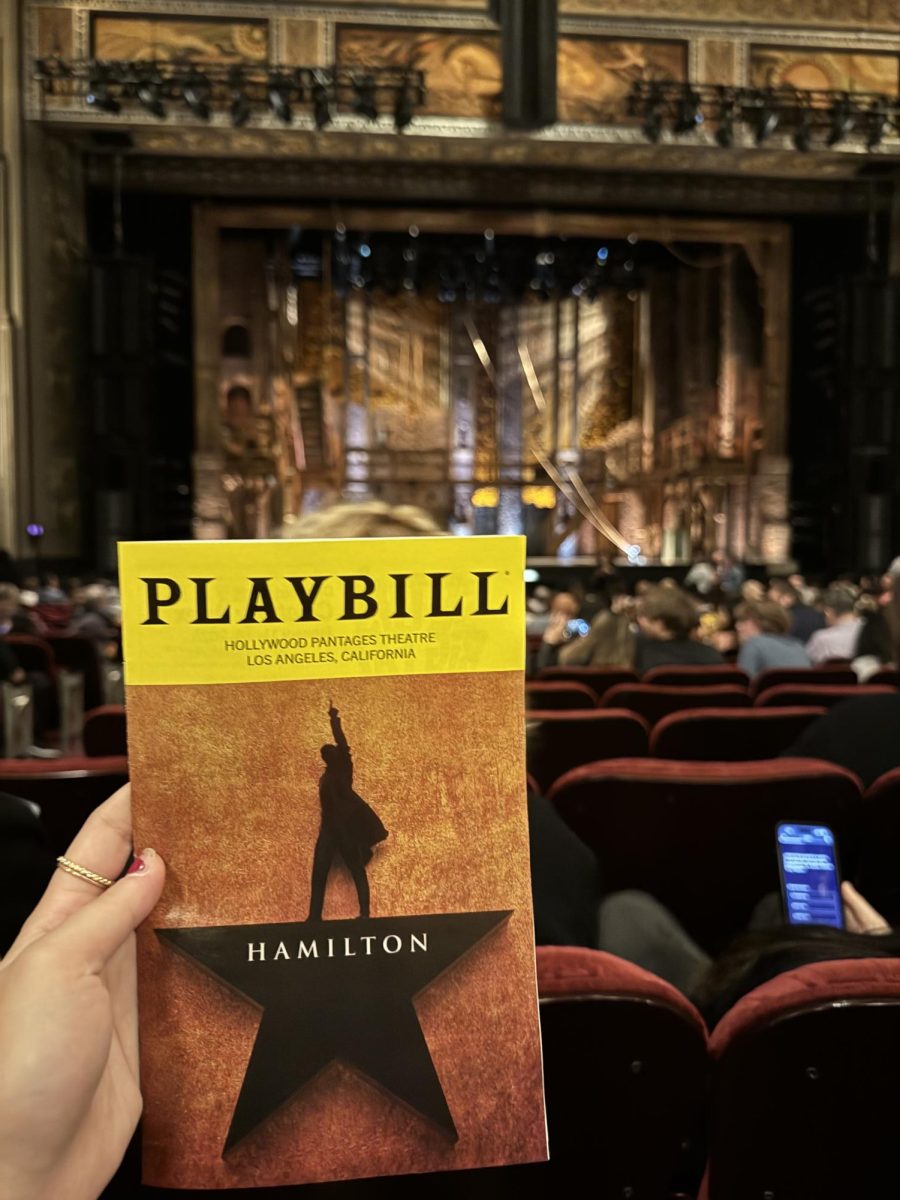
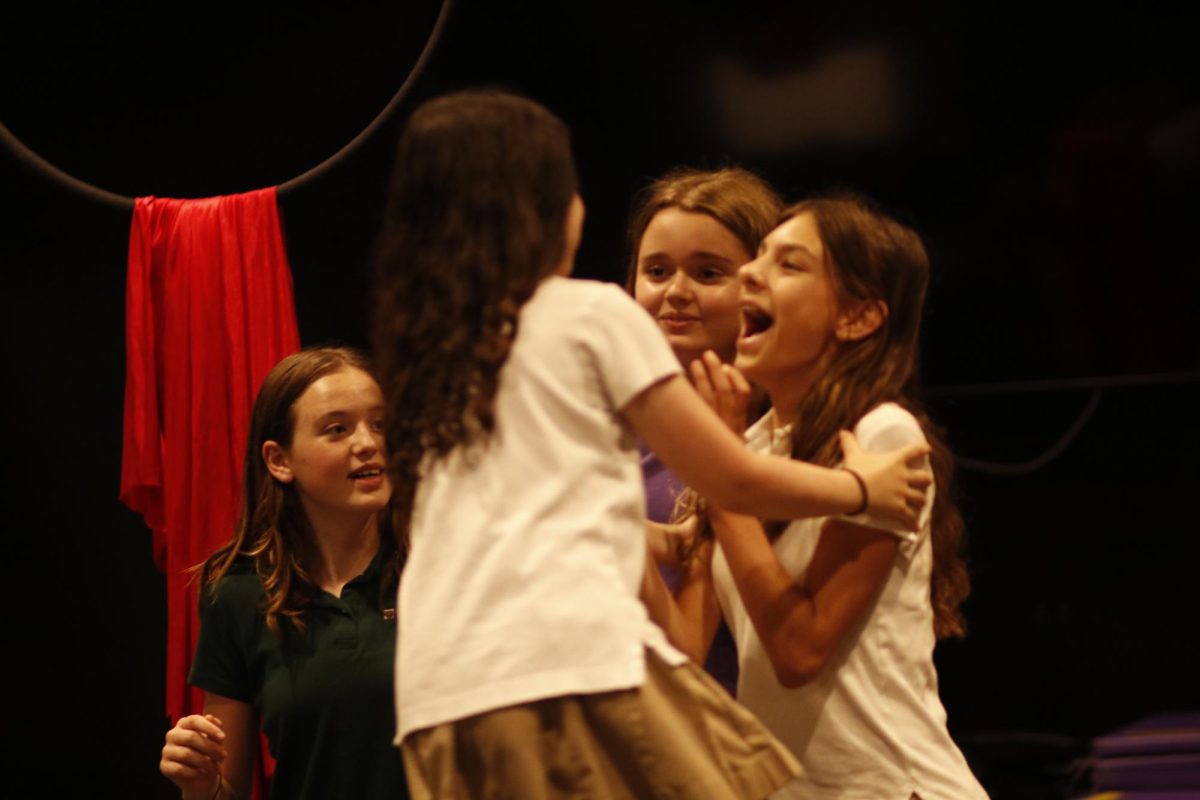
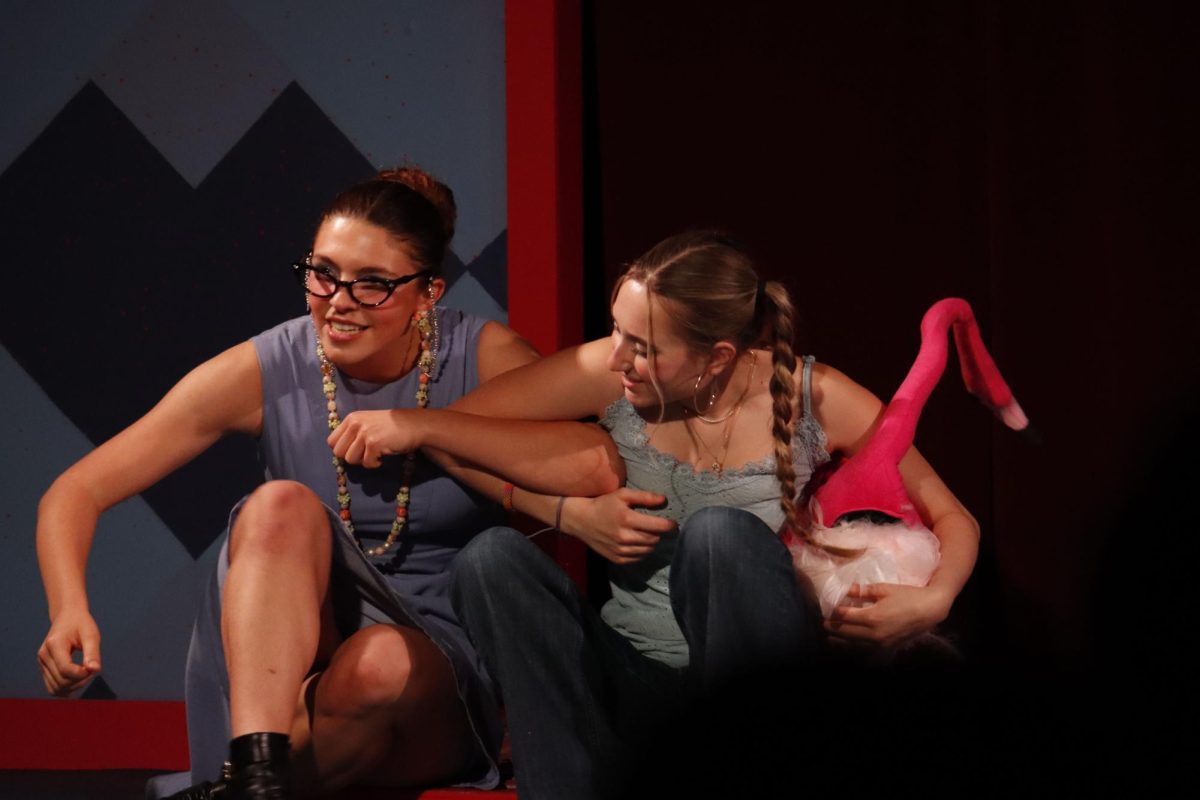


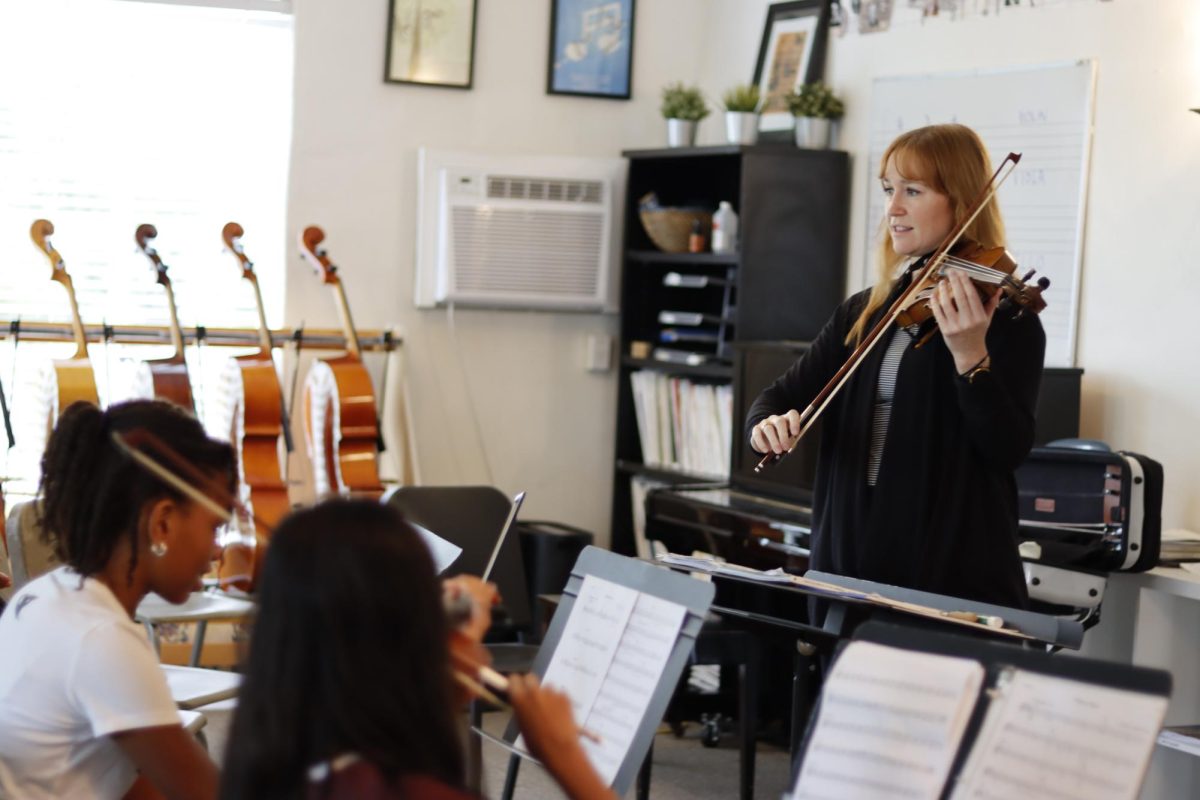





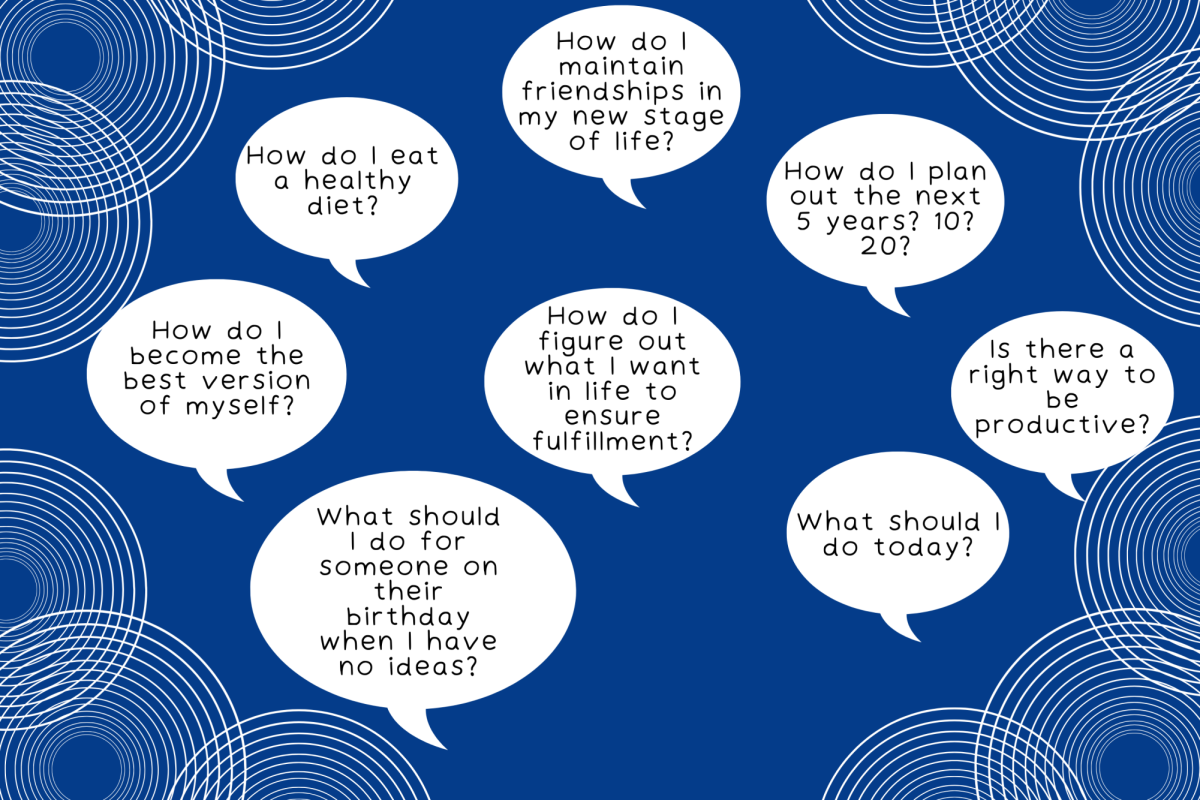





![The Paris 2024 Olympic swimming pool is filled with bright lights and spectators. The Olympic games were held from July 26 to Aug. 11. While the event is meant to symbolize global unity, athletes from non-Western countries were met with accusations and scrutiny. [Paris 2024 Olympic Games] by [Roman Koksarov] is licensed under [CC BY 4.0.].](https://archeroracle.org/wp-content/uploads/2024/09/53891226234_11677c1e9f_o-1-1200x831.jpg)

Abby • Nov 1, 2024 at 5:46 pm
Amazing amazing amazing job, Hayden. I love this so much!!
Mia • Oct 20, 2024 at 8:52 pm
I love this column Hayden!! Amazing job, I’m so excited to read more pieces from you! 🙂
Vivi • Oct 17, 2024 at 7:26 am
Bravo!!!!!!!!! Such a great column and I’m so excited to read the next one 🫶🫶🫶🫶🫶🫶🫶🫶🫶🫶🫶🫶🫶🫶🫶🫶 you write the truth